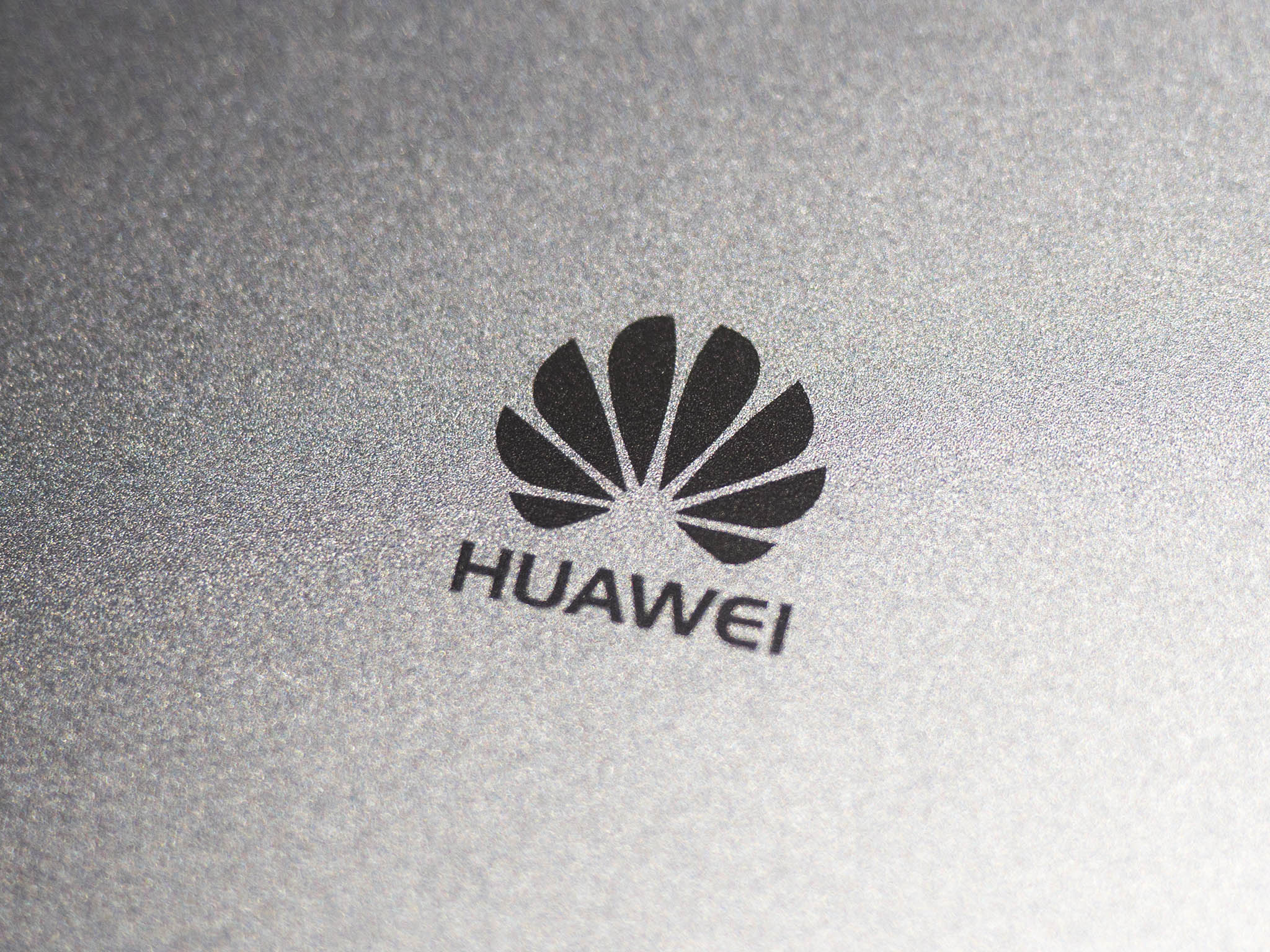This fight isn't going to be over anytime soon.
What you need to know
- New motion argues U.S. can't target specific company with legislation.
- Motion builds on initial lawsuit from early March fighting hardware ban.
- Legal precedent is not necessarily on Huawei's side in this case.
In light of continuous back-and-forth between Huawei and the U.S. government over concerns of national security, Huawei filed a new legal motion challenging the ban on trade with U.S. companies as unconstitutional. Huawei initially filed a lawsuit against the U.S. government back in early March protesting an initial hardware sales ban in the country, and the latest motion strengthens its conviction in light of dramaticlly more strict measures by the U.S. that have effectively paused its business operations in many parts of the world.
Legal precedent is not necessarily on Huawei's side in this case.
Huawei's argument is that congress cannot create legislation to target a specific person (or company), and that Huawei being named specifically makes the latest ban in violation of the U.S. constitution. Huawei believes it deserves to tell its side of the story and have an opportunity for rebuttal before such a wide-reaching trade ban is implemented, which it has up to this point not been given.
As pointed out by The Verge, recent legal precedent is not on Huawei's side in this case. The U.S. previously instituted a federal ban on Kaspersky Labs software, and that ban was upheld in court following a challenge by Kaspersky based on the same grounds Huawei is currently suing over.
Huawei's lawsuit seems to have merit, but when you add 'national security' to the story things get fuzzy.
Though Huawei's lawsuit seems to have merit on the face of it, when you pass anything in the U.S. through a lens of "national security," things get fuzzy. There is plenty of wiggle room for the government to change or restructure "bans" to achieve effectively the same result if it truly is determined that Huawei (or any other company) is a threat to the country. President Trump has also given an indication that these bans on Huawei could be lifted or changed if some sort of trade "deal" were to be made between the U.S. and China, which has always felt like a more likely resolution to this whole scuffle than a deep legal battle; even if it also undermines the idea that the Huawei ban is truly based on natoinal security concerns.
Huawei would certainly prefer for all of this to end without going through months of legal battles with the U.S. government, but given the situation it's currently facing there's no other choice. Unlike the earlier hardware sales ban in only the U.S., this latest action by the government is having wide-reaching implications for its global business and threatens to deal a massive blow to the company's operations across the board. The threat of this ongoing lawsuit is what Huawei needs to do to show it means business, but it feels like the more likely resolution will be made in other arenas.

Tidak ada komentar:
Posting Komentar